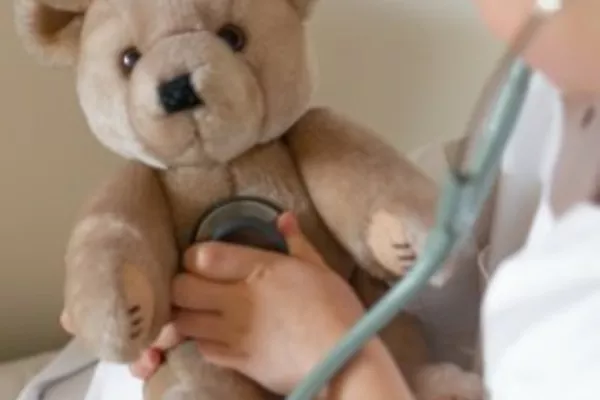Pharmac-initiated lengthy review a waste of valuable time and resources, says Rare Disorders NZ
19 Mar 2024
Rare Disorders NZ is very concerned that Pharmac will not extend access to life-saving medicines for children with rare disorders in line with child cancer patients under Rule 8.1b, despite Pharmac concluding from its own review the real impact on treatment and health outcomes this rule has for patients.
Pharmac announced back in November 2022 that it will be reviewing rule 8.1b of the Pharmaceutical Schedule under which children with cancer are able to access any new paediatric cancer medicines their clinician deems most suitable for their condition, even if it has not yet been assessed by Pharmac. The review was initiated by Pharmac due to concerns around the increasing costs of new medicines, and that other groups, such as children with rare disorders, do not have the same funding access to medicines.
Pharmac finally announced on Friday the review had concluded and the rule will remain as it is, due to the overwhelming feedback they received about how valuable it is as part of the clinical pathway for patients.
“We are frankly outraged that Pharmac has wasted valuable resources on this lengthy review, only to conclude the obvious – that the rule is essential for these patients’ treatment and health outcomes,” says Chief Executive of Rare Disorders NZ, Chris Higgins.
“Pharmac should be solutions-focused and channeling its resources into how to expand access to medicines. As this review found that having rapid access to life-saving treatment is essential for good health outcomes, the logical next step should be expanding the rule to cover other children, such as those with rare conditions. We are talking about a very small number of children, given only 5% of rare disorders have an available treatment,” says Higgins.
“It must be up to the clinicians’ discretion to decide whether a medicine is required for any condition, and Pharmac should be responsible for procuring it for the best possible price, not dictating whether it should be purchased at all. Children risk missing out on the medicines they need as a result of bureaucratic rather than clinical decision making.”
New Zealand already ranks last out of 20 comparable OECD countries for access to publicly funded modern medicines. According to the independent Pharmac Review, Pharmac’s spending on medicines for rare disorders is less than 1% of the pharmaceutical budget. Around half of all those affected by a rare disorder are children.
“Given Pharmac’s capacity issues it would have been a better and more productive use of their resources to carry out a much needed and well overdue review of the NPPA scheme. This is currently the only pathway of hope for people in need of a medicine not funded by Pharmac, yet there is a lack of clarity around this process and too many inconsistencies around the decision-making. New Zealanders deserve better, and Pharmac needs to step up its game.”


